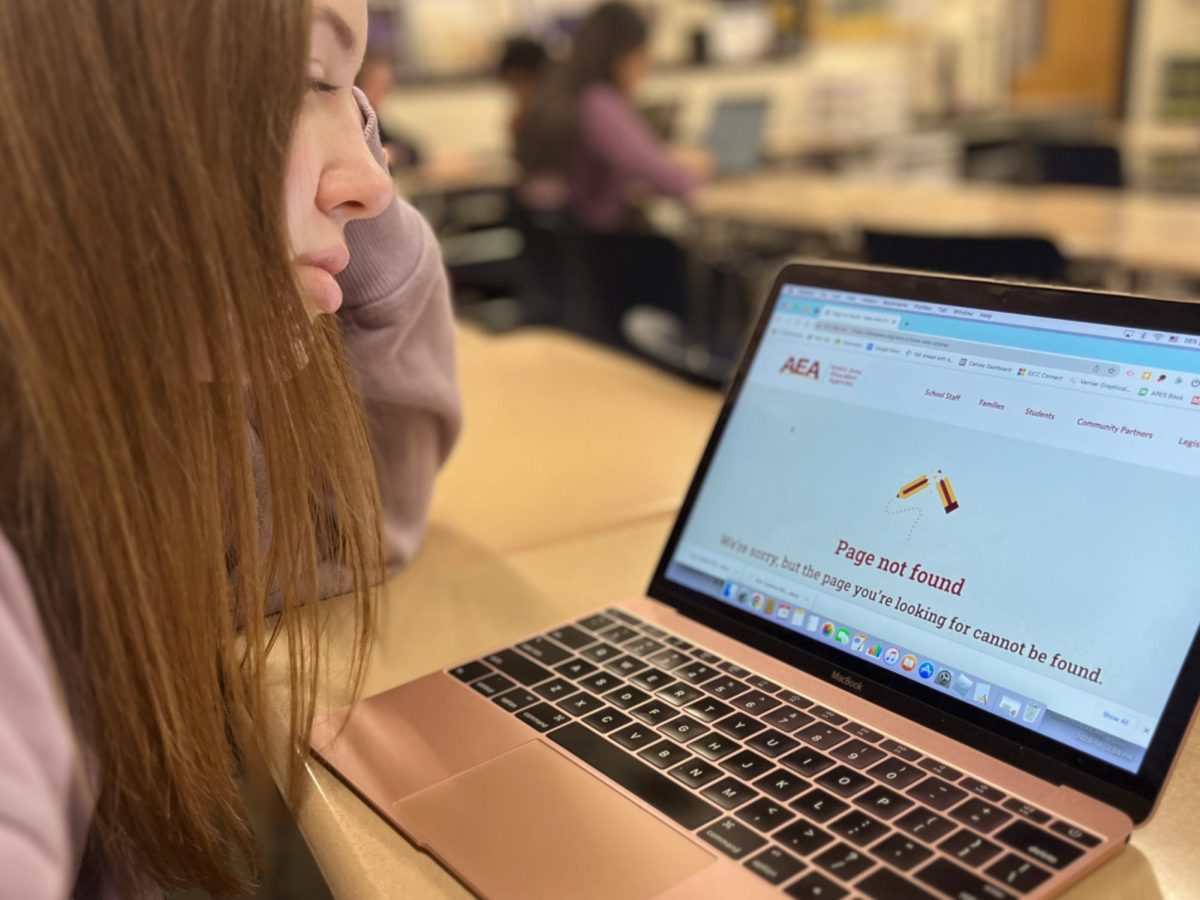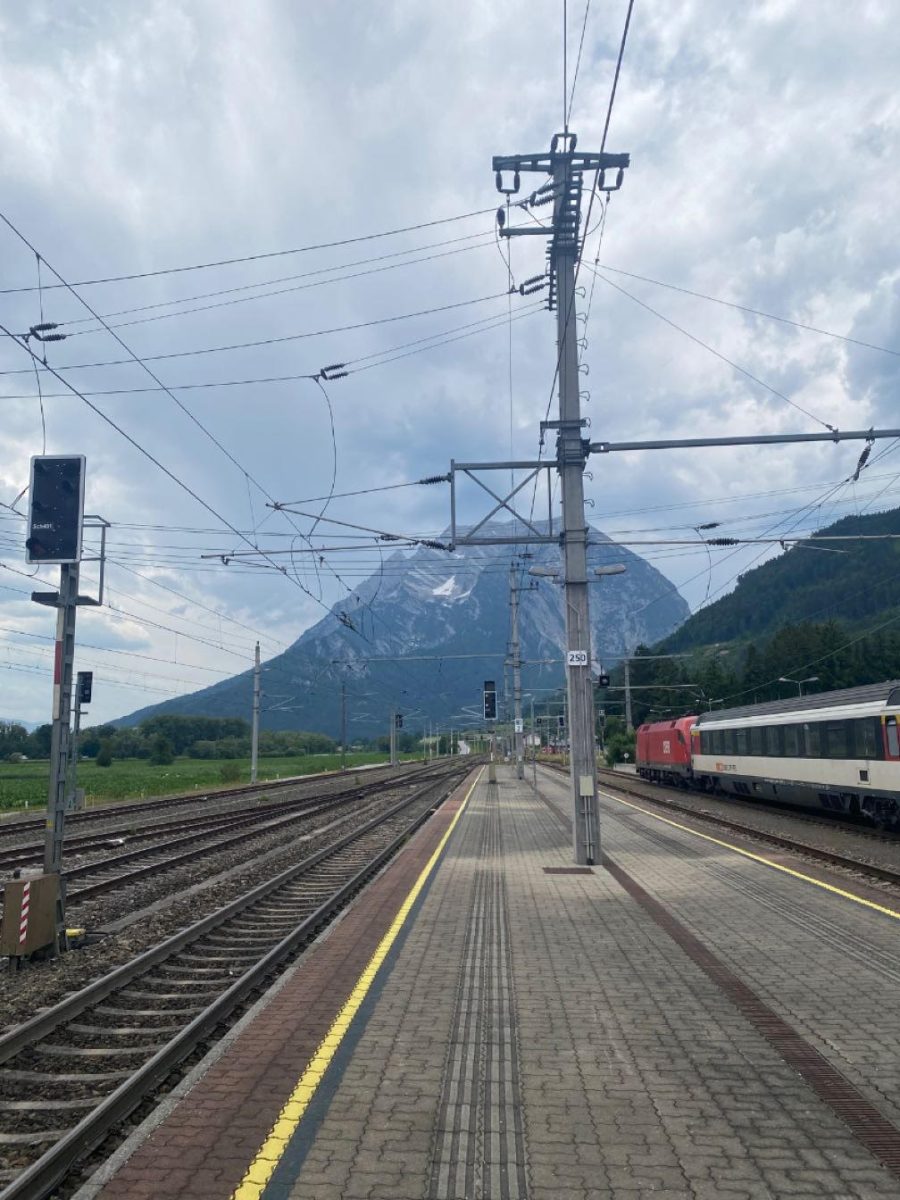An Uber self-driving car has run over and killed a woman in Tempe, Arizona, on Sunday, March 18th, around 10 P.M. This is reported as the first fatal crash between a self-driving car and a pedestrian in the USA.
The victim was Elaine Herzberg, a 49-year-old woman who was hit while walking her bike across a 6 lane road. The car did not attempt to stop and hit her at 38 mph. She was immediately transported to a local hospital where she passed away from her injuries.
While the car was driving, there was actually a man inside the car. Rafael Vasquez, 44, was hired to take over if an emergency situation took place. Dash cam footage was publicly released of the accident, and it seems as though Vasquez’s eyes are diverted for several seconds before the accident took place.
The car was a Volvo XC90 SUV test vehicle, one of Uber’s self-driving cars. Uber has been testing their self-driving vehicles in several cities, such as Tempe and Phoenix, Arizona, along with Pittsburgh, San Francisco and Toronto. However, after this tragic event, Uber has decided to suspend their testing in North America.
This event may have rippling effects into the future of self-driving vehicles. Usually, these cars are promised to be much safer than regular vehicles. Over 20 states have already authorized the use of self-driving cars, with Arizona being highly supportive of them.
“The city of Tempe has been supportive of autonomous vehicle testing because of the innovation and promise the technology may offer in many areas, including transportation options for disabled residents and seniors,” said Mark Mitchell, mayor of Tempe. “Testing must occur safely. All indications we have had in the past show that traffic laws are being obeyed by the companies testing here.”
On the other side, this technology isn’t perfect yet, and there still is a long future in the process of refining these cars.
“The technology is still developing, unfortunate accidents are bound to happen. This doesn’t take away from the fact that self driving cars are far more safe than traditional vehicles,” says PV junior Rian O’Hanlon.
This adversity may have many implications in the future, especially with this event challenging the trust that one places in these cars.









